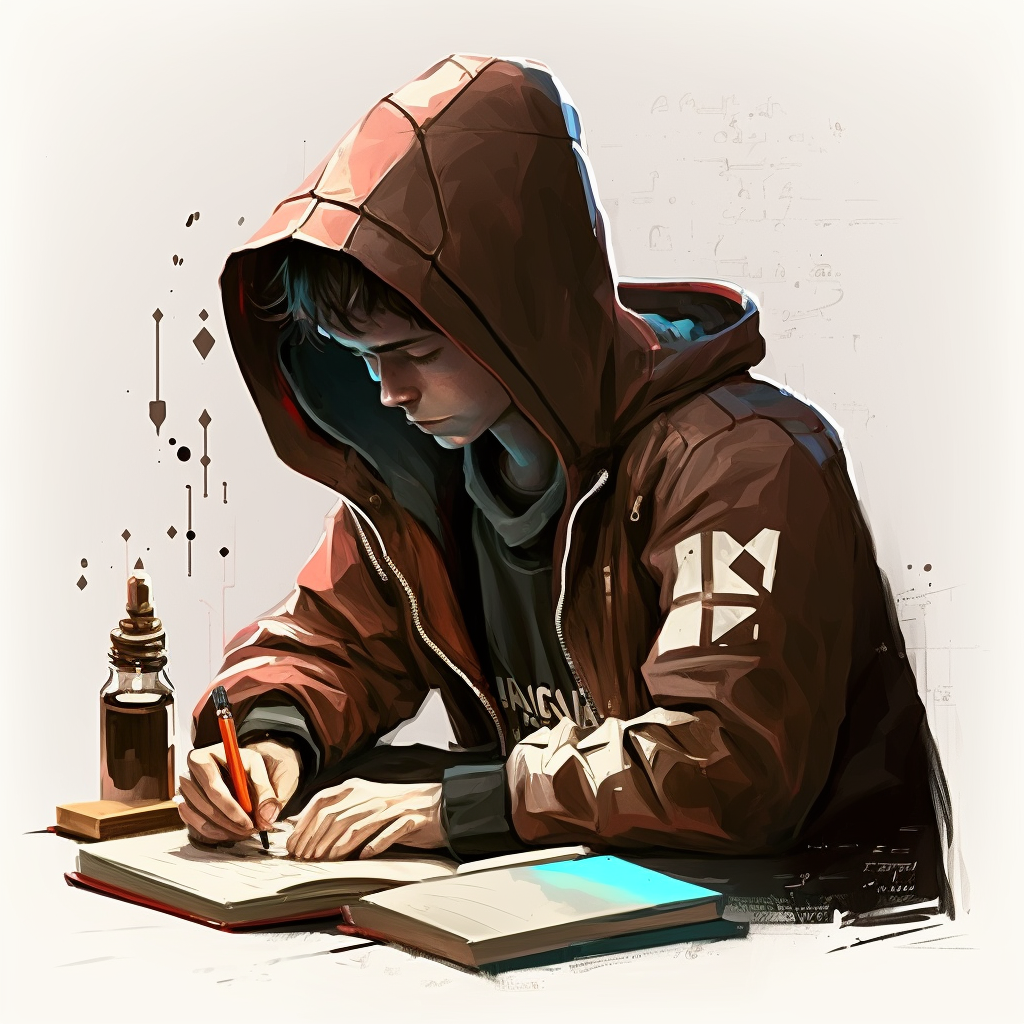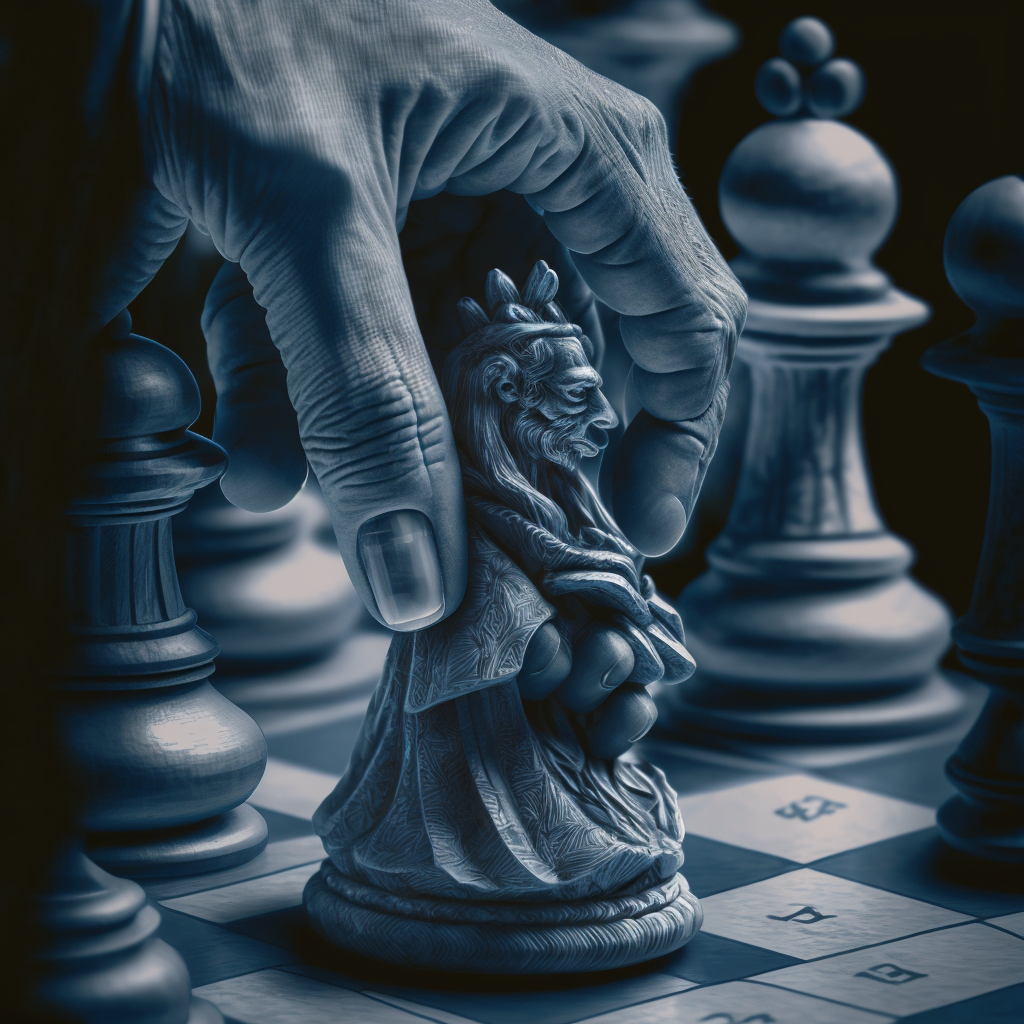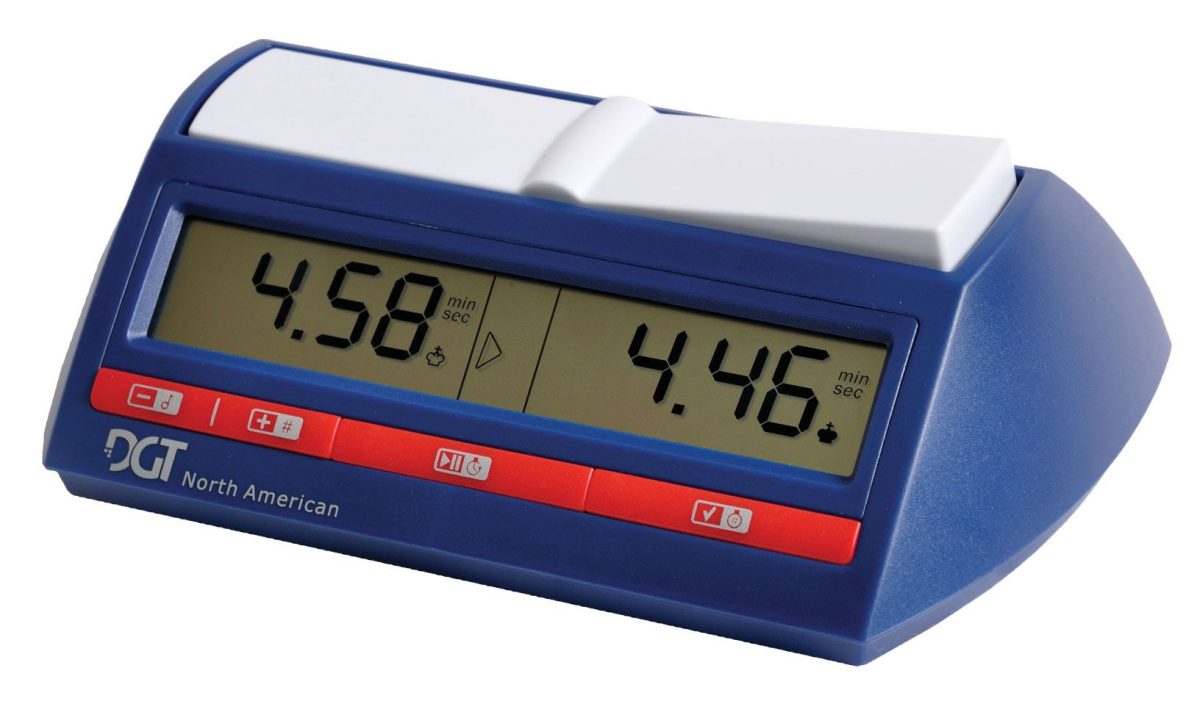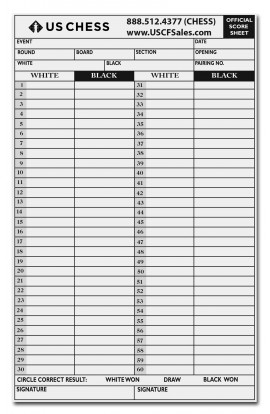Chess is a game that requires not only skill and strategy but also respect and sportsmanship. As a new player, it’s important to understand the basic etiquette and rules that govern rated games under the United States Chess Federation (USCF). Here, we’ll discuss the five most common rules and mannerisms to ensure a positive experience for all players.
Touch-Move Rule:
The touch-move rule is simple: if you touch a piece, you must move it, provided it has a legal move. Likewise, if you touch an opponent’s piece with the intention of capturing it, you must do so if it’s a legal capture. To avoid confusion, announce “adjust” before adjusting a piece on the board without intending to move it.
No Talking During Games:
Silence is golden in chess. Talking during a rated game can be distracting and is considered disrespectful. If you need to communicate with your opponent (e.g., to offer a draw or request a bathroom break), do so with minimal words and in a polite manner. Avoid discussing game specifics or making comments about your opponent’s moves.
Record Your Moves:
In USCF-rated games, players must record their moves on a scoresheet. This helps to resolve disputes and provides a record of the game. Keep your scoresheet up-to-date and legible. If you’re unsure about notation, ask for help before the game begins.
Use a Clock and Manage Your Time:
Time management is crucial in chess. Ensure both you and your opponent understand the time control for the game. Start the clock after making your move and press it firmly to ensure it registers. Keep an eye on your time, and avoid making excessive use of it, which could be perceived as disrespectful.
Show Respect and Sportsmanship:
Treat your opponent with respect and courtesy, regardless of the outcome. Shake hands before and after the game, and avoid making negative facial expressions or gestures during play. Win or lose, be gracious and remember that chess is a game meant to be enjoyed by all.
Conclusion:
By adhering to these five basic rules and mannerisms, new players can ensure they’re promoting a positive and respectful chess environment. As you continue to grow in the game, remember that chess etiquette is as essential to success as strategy and skill.
Looking for a Seattle chess club, or chess tournaments in Seattle? South Sound Chess Club runs events from Seattle to Tacoma with a mix of USCF Rated events and Unrated events for the general public!



